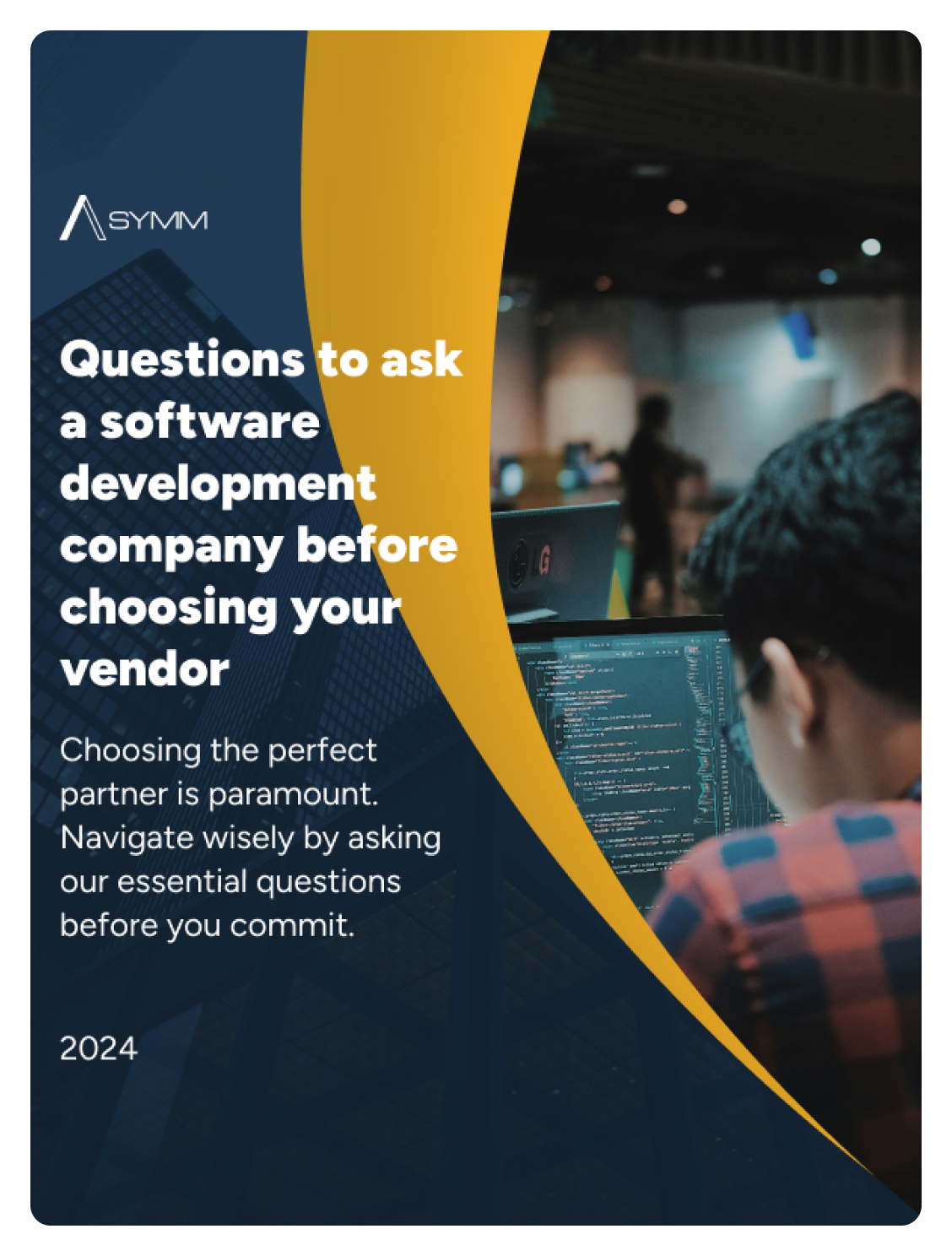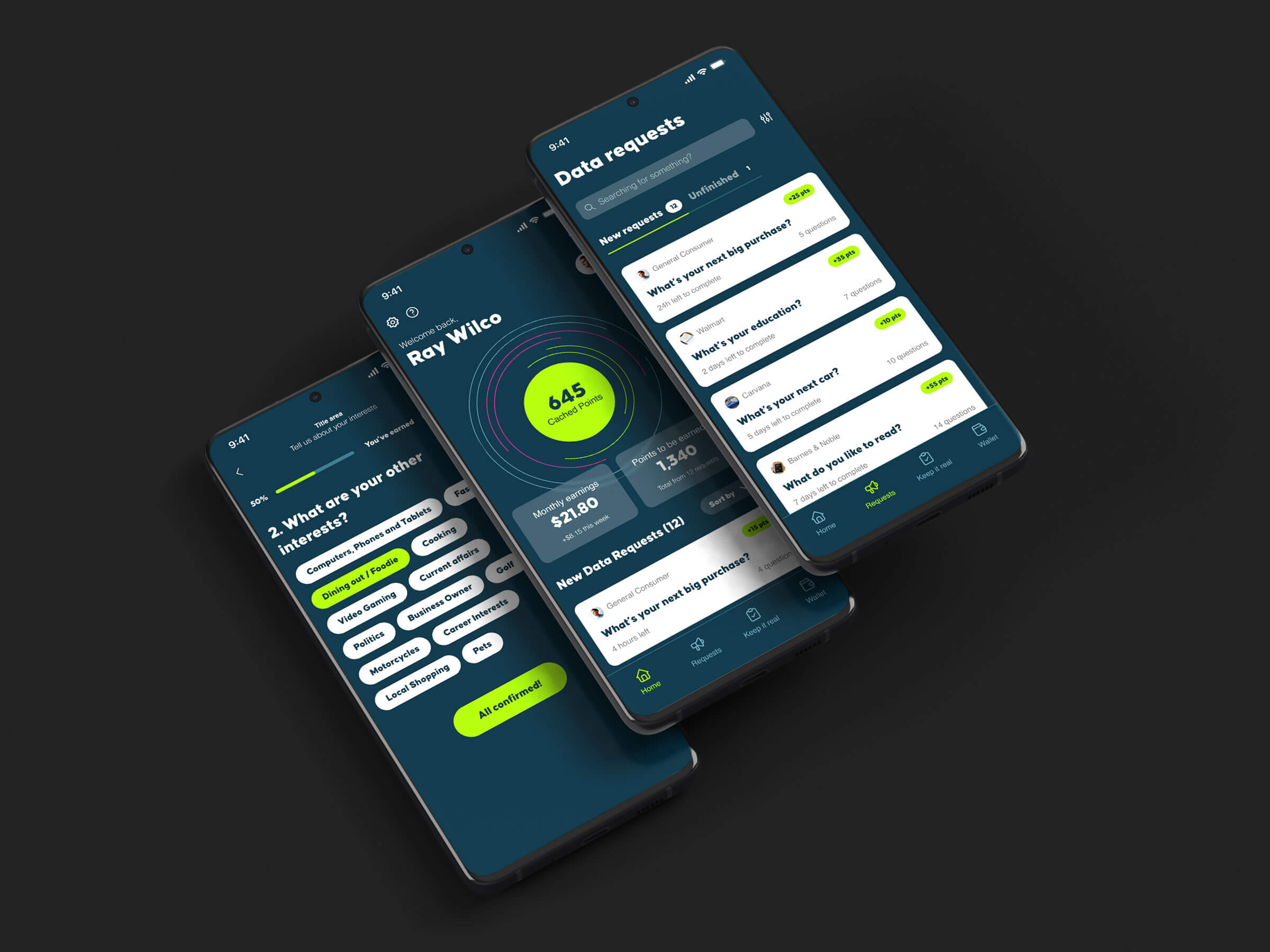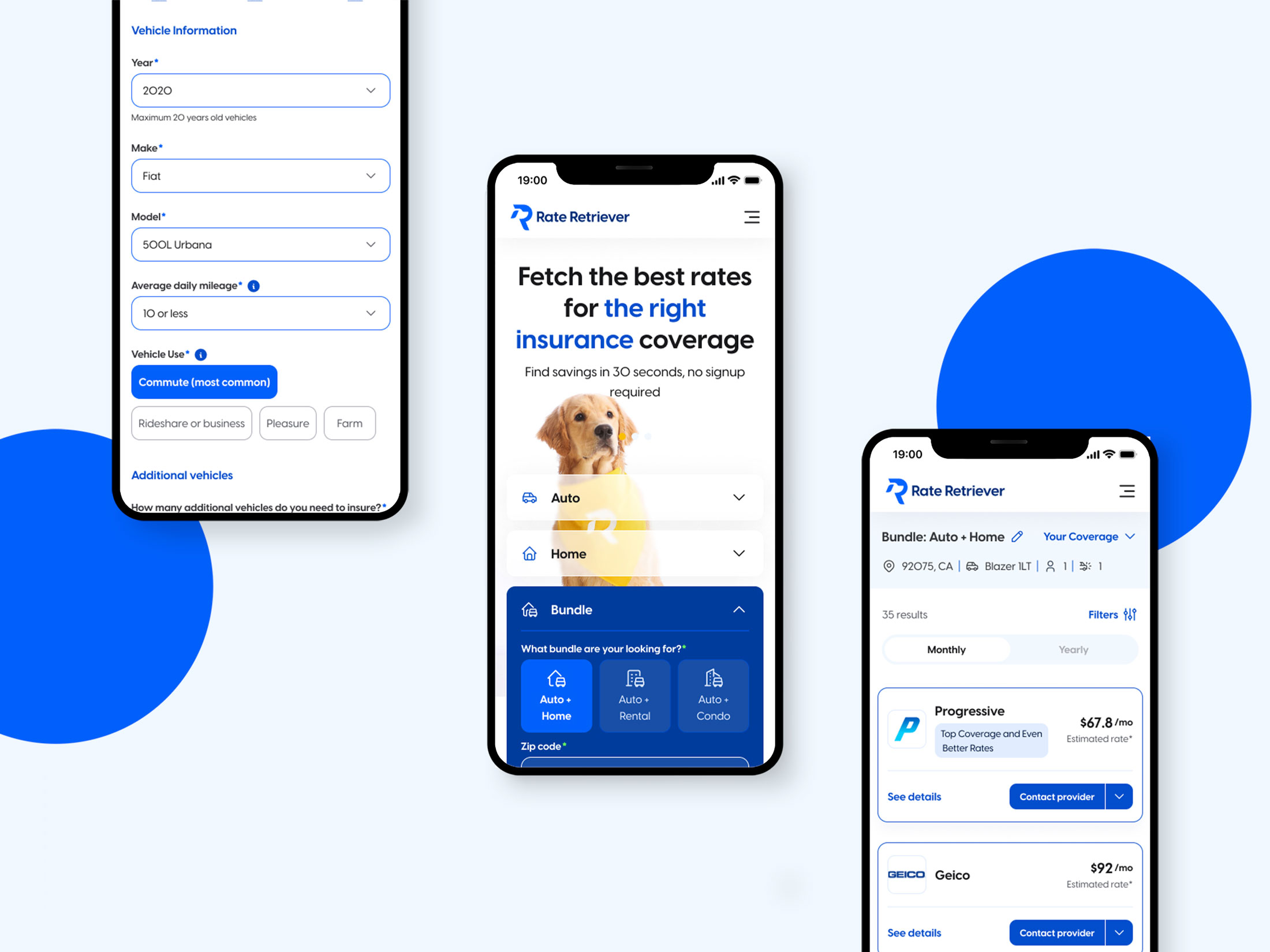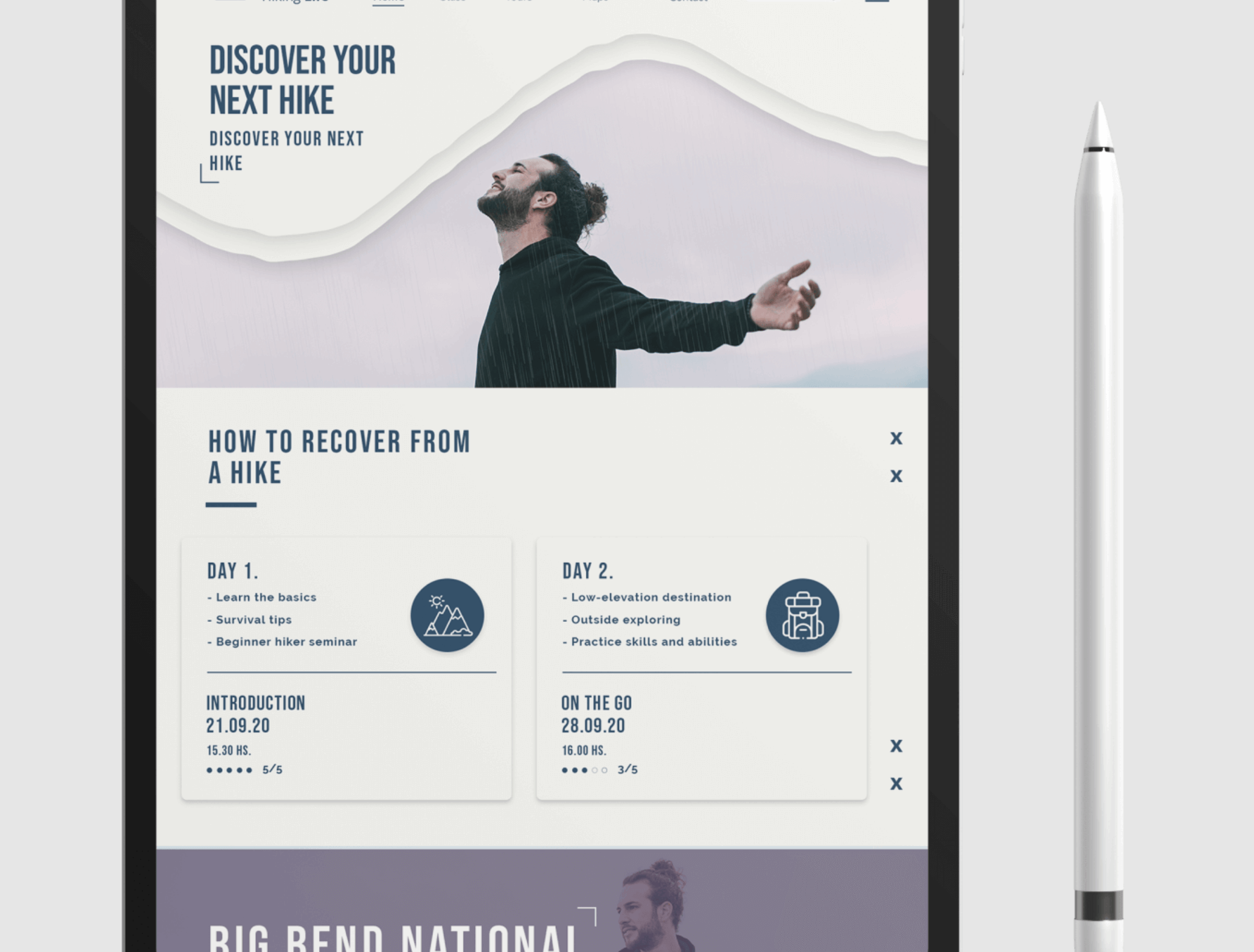What our guide covers:
-
What sets the company apart from its competitors, such as specialized skills, innovative technologies, or unique processes that can benefit your project.
-
Inquire about the frameworks and approaches they use to manage projects, such as Agile, Scrum, or Waterfall, to ensure their process aligns with your project needs.
-
Explore pricing models and structures, whether it's fixed-price, time-and-materials, or retainer-based, and understand how they estimate costs and handle changes in project scope.
-
Learn about the tools and platforms a company uses for communication and collaboration to ensure effective and transparent interactions throughout the project.

We are here to help!
Reach out to Asymm to discover which approach best align to your needs. Unlock the potential of your software vision with Asymm's expertise and get a personalized project estimate tailored to your requirements.












